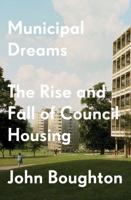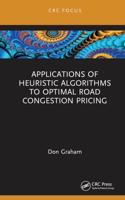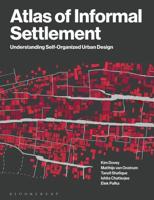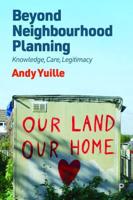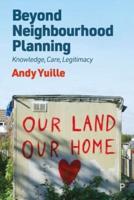Publisher's Synopsis
Planning Theory has a history of common debates about ideas and practices and is rooted in a critical concern for the 'improvement' of human and environmental well-being, particularly as pursued through interventions which seek to shape environmental conditions and place qualities. The third and final volume in this series covers Contemporary Movements in Planning Theory and topics include communicative practices and the negotiation of meaning, networks, institutions and relations, and the complexity 'turn'. The articles selected represent the most influential and controversial recent work in planning theory and are supplemented by detailed introductions by the editors.



